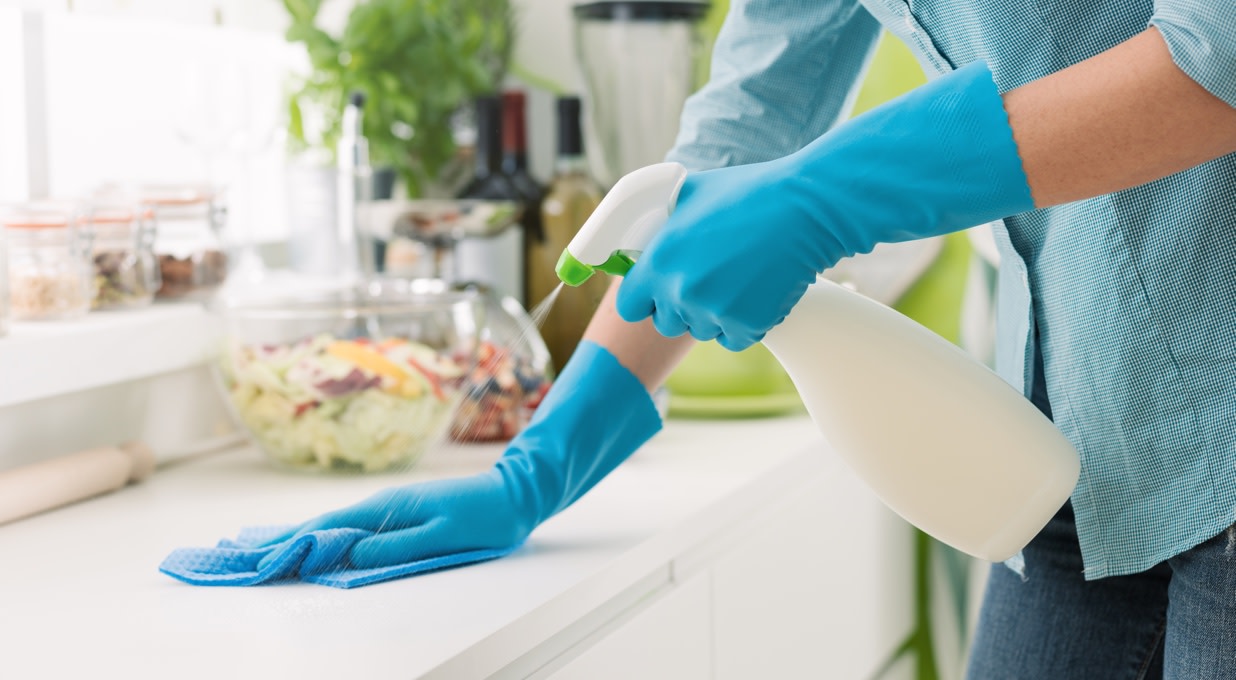Reckitt, through its US subsidiary Mead Johnson, has been ordered to pay $60mn by an Illinois court in a case against its infant baby formula. Mead Johnson has said it would appeal the decision.
There are in the region of 160 further lawsuits relating to similar issues that are still pending.
Reckitt has not previously set aside any specific provisions in anticipation of losing these cases.
The shares fell 12.3% during trading.
Our view
Markets haven’t reacted kindly to news its US subsidiary, Mead Johnson, has lost a court case relating to its infant formula. The $60mn cost on its own is hardly enough to move the dial, what’s concerning is that there are in the region of 160 other open cases. Reckitt had previously said it wasn’t concerned and has not set aside any provisions in case it loses these cases. Uncertainty is rarely taken well.
Reckitt is the maker of household and hygiene staples like Air Wick, Harpic and Vanish. Fourth-quarter performance followed the trend we’ve been seeing this year, with price hikes helping to overcome falling volumes.
Digging a little deeper into recent results, the drop in volumes comes from two areas. The first is the Hygiene division as demand for these products continues to normalise post-pandemic. The positive news is that volumes improved in each quarter and are now in a much better place than they started. It’s encouraging to see Lysol products are also heading back in the right direction.
Nutrition's the smallest division but has been another volume drag. Last year's sales were inflated by competitors' supply issues, and as they come back to market, Reckitt's giving back some of the volumes it gained. This trend is expected to continue into the first half of 2024, but management are confident the division should start growing again by the end of the year.
Reckitt's spent the last couple of years improving and sharpening its proposition and the portfolio's undergone a hefty shakeup. Meanwhile, a growing online presence means e-commerce continues to grow and makes up roughly 15% of total revenue. Long term, this could allow the group to bypass retailers - helping boost Reckitt's share of the pie.
These changes, along with cost cuts, have helped gross margins return to historic levels. While we’re happy to see progress, there’s a slight worry that a focus on costs and gross margins is a temporary fix. To sustain longer term growth, we’d like to see more of a focus on finding new distribution and increasing market share.
The balance sheet's in reasonable health, with net debt improving - down to 1.9 times cash profit (EBITDA) last we heard. The £2.6bn of expected free cash this year should help to sustain the ongoing £1bn buyback. Of course, no returns are guaranteed.
The current valuation doesn't look overly demanding but the next few quarters are vital, and the valuation will be sensitive to updates on court cases in the US. Volume recovery isn't expected until later in the year, that means investors should be prepared to wait for the tide to turn.
Reckitt key facts
All ratios are sourced from Refinitiv, based on previous day’s closing values. Please remember yields are variable and not a reliable indicator of future income. Keep in mind key figures shouldn’t be looked at on their own – it’s important to understand the big picture.
This article is not advice or a recommendation to buy, sell or hold any investment.No view is given on the present or future value or price of any investment, and investors should form their own view on any proposed investment.This article has not been prepared in accordance with legal requirements designed to promote the independence of investment research and is considered a marketing communication.Non - independent research is not subject to FCA rules prohibiting dealing ahead of research, however HL has put controls in place(including dealing restrictions, physical and information barriers) to manage potential conflicts of interest presented by such dealing.Please see our full non - independent research disclosure for more information.


